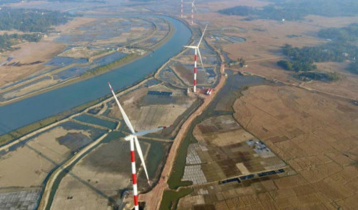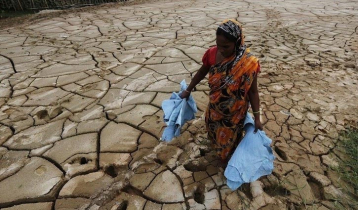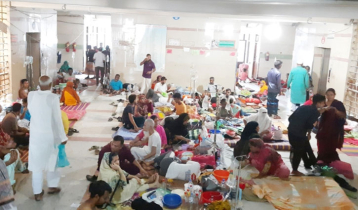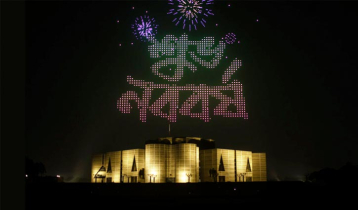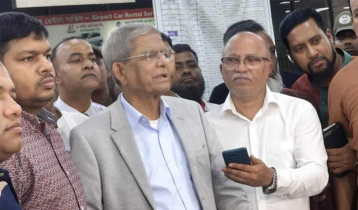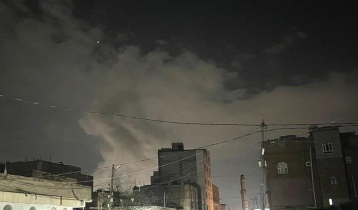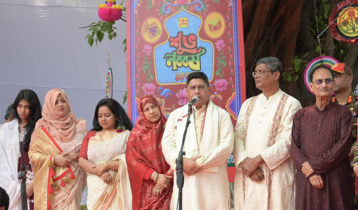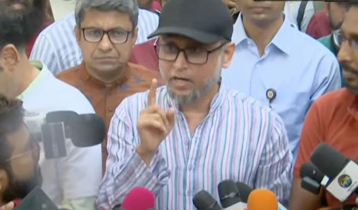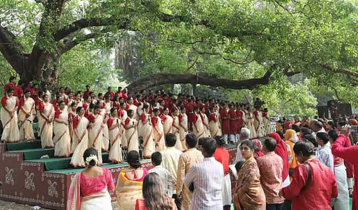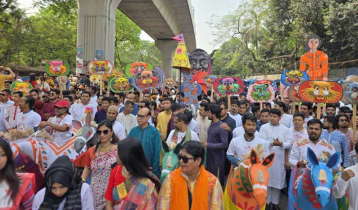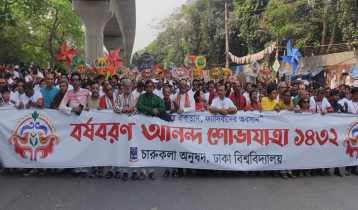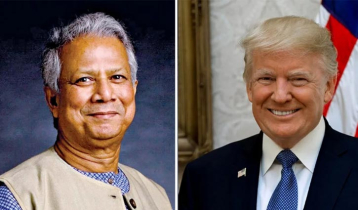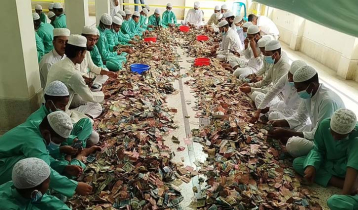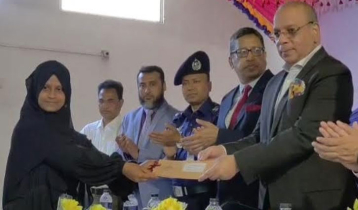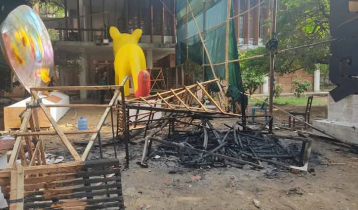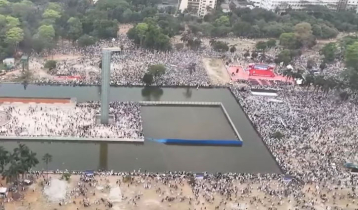We must defend investigative journalism
Mohammad Moksedur Rahman Wali || risingbd.com
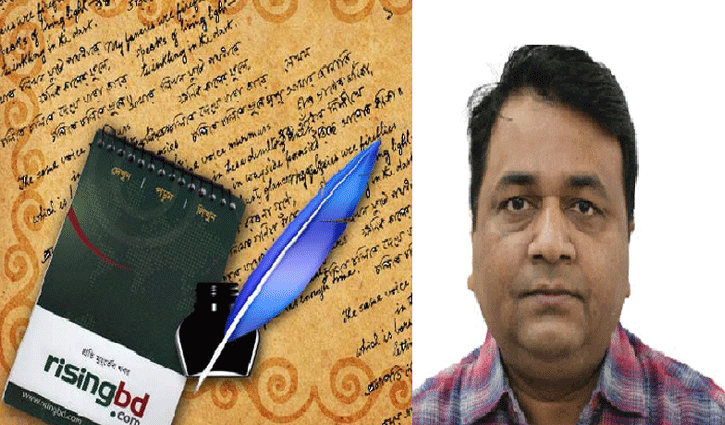
Journalism requires you to be persistent and investigative journalism is highly challenging and time consuming. Essential groundwork must be done before going into the field to prepare for the challenges you may face. You have to stick to your goal. Why we are talking about investigative journalism? Since, Investigative journalism is an effective antidote to the corrosive effect of corruption. This journalism provides citizens with the necessary information to make informed decisions, participate in public discourse, and hold elected officials accountable during elections.
We know, journalism can be a stressful career, and one that exposes especially investigative journalists to distressing material, unfriendly sources and the isolation of secrecy.
Investigative journalism is the process of preparing reports about the events, concepts and subjects that have influences on the society and conveying the report to the general people. It is necessary to search the self of investigative journalism in order to analyze its correlation with both the Right to Information (RTI) and Digital Security Act. Investigative journalism is the process of uncovering in-depth information, where the goal is to dig out the factual information.
Authorities make decisions or implement laws that impact society. That is why society must have ways of holding them accountable for their actions. This keeps things in balance. The same applies to companies that are guilty of tax evasion or human rights violations. Investigative journalism is an effective way of increasing transparency and holding authorities and companies accountable. Through investigative journalism and critical reporting, stories that are important to society come to light.
As a citizen, you are entitled to reliable information about measures and decisions taken by politicians and government leaders. Investigative journalism provides clarity and offers independent and reliable information for you, the citizen, so you do not have to act blindly on information that you are not sure is true.
Here, a relentless effort is made to break-open the closed doors of the information and to open-wide the mouths kept mum. The main characteristic of investigative journalism is to bring the factual truth to the daylight that is of public interest but kept secret from them intentionally.
Then, investigative journalism means searching for news based on new, exceptional and objective information over a long period of investigation. It may take some years for a journalist to collect specific information for an investigative report. The opportunity to investigate a report paves the way for bringing out specific information that can demonstrate the shortcomings presented in other media reports (Burgh, 2008). The key tool journalism uses to discover the truth is mainly investigative reporting where a reporter even bets his life to collect impartial information for unmasking the truth. A long period of investigation to uncover the truth about any influential person or political figure or about terrorism is called investigative journalism.
More than four decades of journalism practice in Bangladesh has documented enormous number of investigative reports and last three decades have seen several competitions and prizes which encouraged investigative reporting in the country. Research question of how investigative journalism is contributing to the democratic process along with other aspects of development has been explored. The social responsibility by doing investigative reporting has also been investigated.
Good governance has four elements- transparency, accountability, predictability and participation. Transparency refers to availability of information to the general public and visibility about functioning of government setups. Right to information opens up government’s records to public scrutiny, thereby arming citizens with a vital tool to inform them about what the government does and how effectively, thus making the government more accountable. Transparency in government organizations makes them to function more objectively thereby enhancing predictability. Information about functioning of government also enables citizens to participate in the governance process effectively (Right to Information, 2006). Investigative journalism contributes to freedom of expression and freedom of information.
In Bangladesh, right to information law has been enacted in 2009 which has a direct relation to the people in general. The role, media can play, as a watchdog, is inseparable in democracy. For this reason, initiative to strengthen investigative journalism throughout the world has been underscored, Bangladesh is no exception. Obviously, ownership structure of newspaper and television has an impact on determining content and its output in Bangladesh. Our private TV channel owners think first of their business profit and pressure from government and political parties. (Rahman, 2012). TV channels and newspapers are free to express their views and editorials, but sometimes business motivation make them to go for self-regulations of media content. Investigative Reporting Usually news reporting shows an objective portrayal of events and occurrences where Investigative Reporting is prepared on objective facts and material. To get a realistic view it is a convincing approach to understand Investigative Reporting from the statement of Hunter and Hanson, “Investigative journalism involves exposing to the public matters that are concealed – either deliberately by someone in a position of power, or accidentally, behind a chaotic mass of facts and circumstances that obscure understanding … Conventional news reporting aims to create an objective image of the world as it is. Investigative reporting uses objectively true material – that is, facts that any reasonable observer would agree are true – toward the subjective goal of reforming the world. That is not a license to lie in a good cause. It is a responsibility, to learn the truth so that the world can change.” (Hunter and Hanson, 2011, 8).
It is also said that there are two species of Investigative Reporting, one is, reporting to expose corruption in public places and second is, solid community-interest reporting to lead to positive social action. Expressing field experience, journalist Saleem Samad (1990) posed a set of points for Investigative journalists while during Pakistan period 10,000 people had to evacuate from their inhabitants because of the construction of Karnafuli Dam and there by the consequences. Social Responsibility Aspect of Investigative Report Readers of newspapers and other audience of mass media have a perception of accepting investigative reporting as a public service activity. When corruptions and irregularities of service sectors of government and nongovernment are unearthed and exposed by reporters they become service to the society.
Although investigative journalism around the world has seen a shift thanks to the growth of data journalism, such journalistic endeavors are a challenge in Bangladesh due to the country's legal framework, in most government departments, officials wait for the directives of high-ups to release data. Furthermore, important data, such as those on inflation, have been kept confidential "considering political sensitivity".
Despite having a related government policy in place, disclosure and availability of data have not increased in the country. Political pledges are required to fight corruption, and such pledges should not just remain on paper. Those who are identified as corrupt should be tried and brought under a system of accountability. Besides, institutions responsible for fighting corruption should be facilitated to enhance their capacity and be kept away from political influence.
The existing legal framework is a big obstacle to pursuing data journalism in Bangladesh. Under the Digital Security Act, law enforcement agencies have been given power to remove or block data that they feel are a threat to digital security, national unity, the country's economy, and public security. The government's latest classification of different agencies and institutions as "critical information infrastructure" is another challenge in this regard. There is a high potential for data journalism in Bangladesh. It can add a new dimension to ensure accountability. Alongside the government's declaration of "critical information infrastructure", the British era's The Official Secrets Act and the proposed Data Protection Act are also barriers to pursuing data journalism. Many journalists remain in fear and uncertainty to pursue their profession sincerely.
In the case of investigative journalism in print media, it is important to present complete evidence, accurate statistics, and the statements of all concerned parties. The same applies to investigative journalism on television, but it is a bit more challenging. On television, along with the information needed for reporting, getting the video at the right time is also important. The footage should present the investigations in such a way that a viewer is left with no questions unanswered. Therefore, investigative journalists have to be more cautious, and more attentive in terms of research, review, recording and editing. The use of hidden cameras is common in investigative journalism on television.
The author is journalist. (Also familiar as Chayon Rahman).
Hasan/AI


